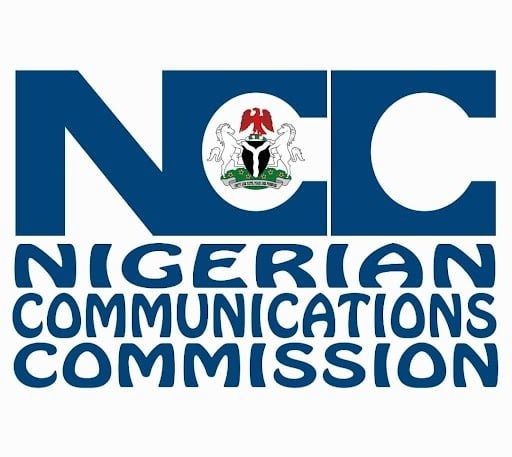Nigerians Face Possible 40% Hike in Telecom Charges as Tariff Review Looms in 2025
 Nigerians could soon face higher charges for calls, data plans, and SMS, as the federal government is considering a tariff review for the telecommunications sector. This follows persistent calls from telecom operators who have urged for a tariff increase, the first of its kind in 11 years.
Nigerians could soon face higher charges for calls, data plans, and SMS, as the federal government is considering a tariff review for the telecommunications sector. This follows persistent calls from telecom operators who have urged for a tariff increase, the first of its kind in 11 years.
the tariff review is being discussed under the Service Wide Vote (SWV) for the 2025 budget. This comes after the National Association of Telecommunications Subscribers (NATCOMS) called for a modest 10 percent increase in tariffs, as opposed to measures like load-shedding, to avoid further disruption in services.
Major telecom players, including MTN, Glo, Airtel, and 9mobile, have repeatedly emphasized the need for an increase in tariffs to cope with rising costs. MTN Nigeria’s CEO, Karl Toriola, warned in October that the company might shut down if tariffs are not adjusted to reflect the current economic realities. Toriola pointed out that the sector is under financial strain, especially due to rising diesel prices needed to power base stations, and a lack of tariff increases could force operators to cease operations. MTN has also faced a significant financial loss of N519.1 billion in the first half of 2024, largely attributed to the naira’s devaluation and inflation.
Similarly, 9mobile’s CEO, Obafemi Banigbe, supported the calls for a tariff increase, highlighting the sharp rise in operational costs, including a 300 percent hike in tower costs, higher diesel prices, insecurity, and rising charges by Customs. Banigbe stressed that a tariff increase was the only way for telecom companies to stay afloat and continue to offer services.
Minister of Communications, Innovation, and Digital Economy, Bosun Tijani, has also hinted that the government may approve a tariff hike. He acknowledged the financial difficulties faced by telecom operators and mentioned that a recent study on the sustainability of the telecom sector would be released soon. Tijani suggested that the government may allow a tariff increase but emphasized that broader measures, including investment in digital infrastructure, are necessary for the sector’s long-term viability.













